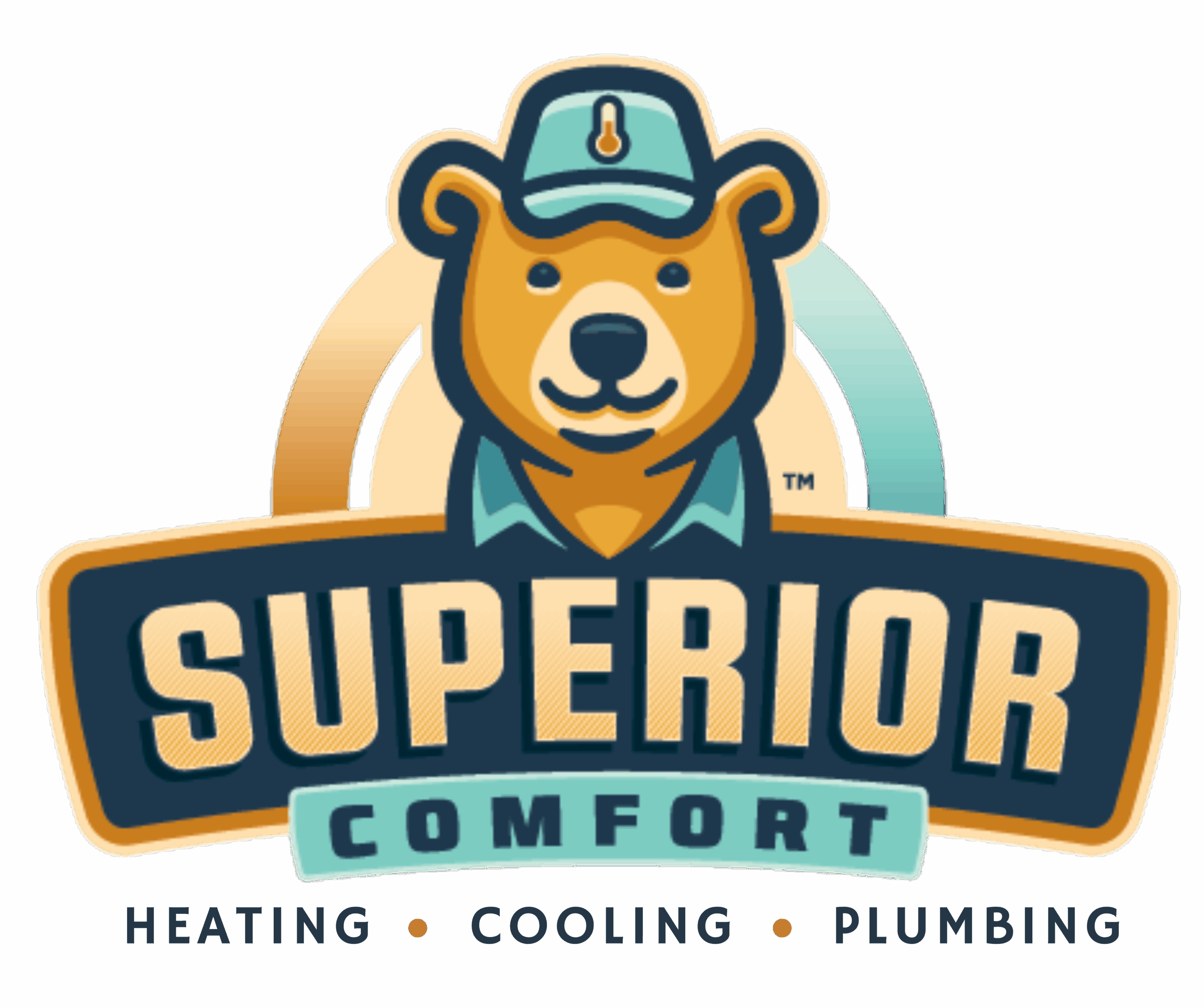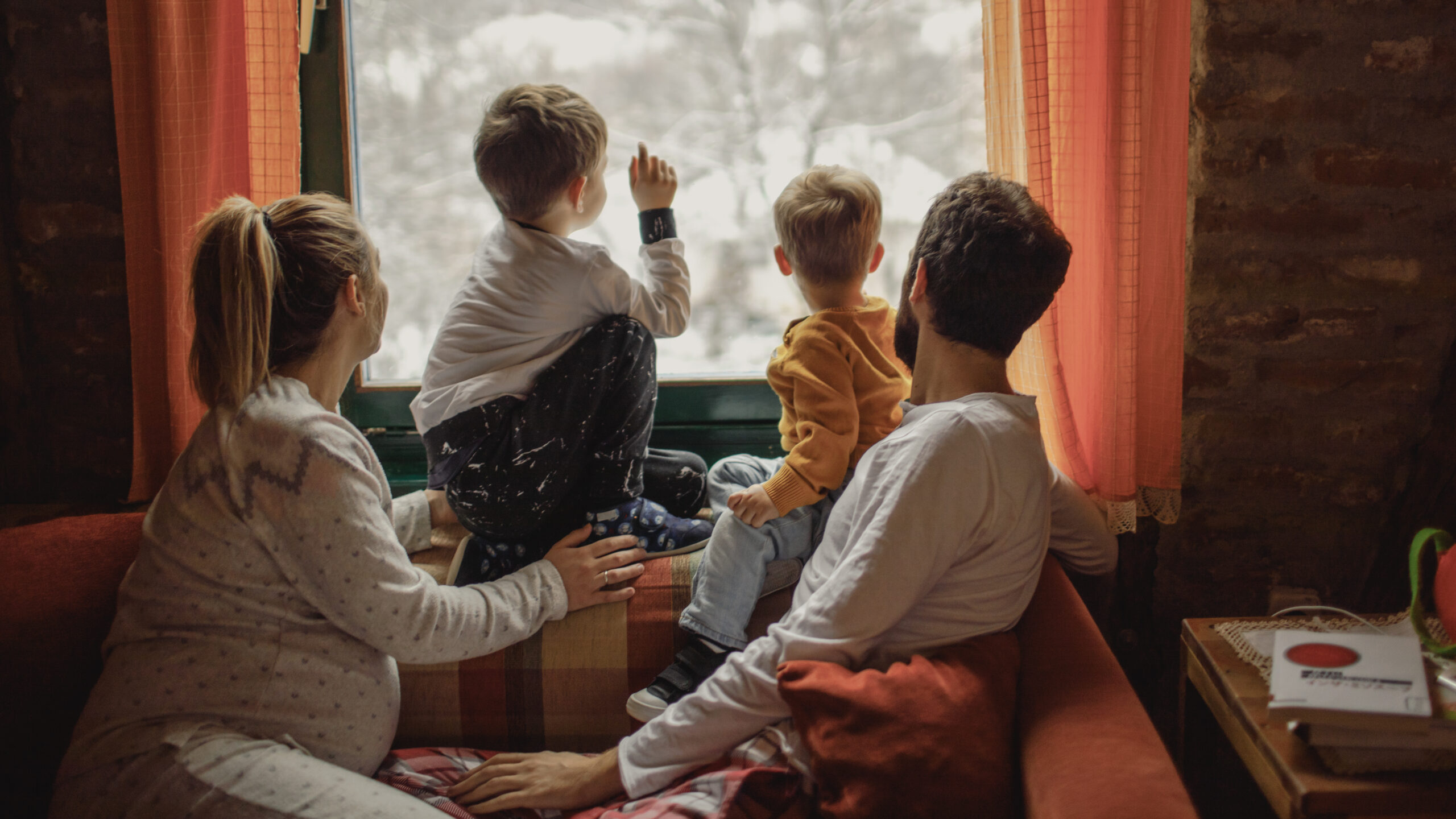When the outside temperature in Flat Rock, MI, begins to drop, your plumbing system becomes one of the most vulnerable systems in your home. Frozen pipes often result in cracks or bursts, which can result in costly water damage. When you use a proactive approach, you can protect your plumbing system from the harsh conditions that come with winter. By winterizing your home’s plumbing, you safeguard your water supply and avoid the headache of emergency repairs during the coldest months of the year.
Why Winterizing Your Plumbing Matters
Plumbing systems experience significant stress when temperatures plummet. Water expands as it freezes, which places intense pressure on pipes. Even a small crack caused by this pressure can waste several hundred gallons of water in just a few hours. Beyond the immediate mess, water damage often leads to mold, ruined walls or flooring, and repairs that can cost thousands of dollars.
Winterizing your plumbing eliminates these risks by keeping water flowing and preventing ice from forming inside your pipes. It also extends the life of your plumbing system and lowers the chance of leaks in the future.
Start by Inspecting Your Plumbing System
An inspection sets the foundation for effective winterization. Begin by checking your home for vulnerable areas. Look for exposed pipes in unheated spaces such as basements, garages, crawl spaces, and attics. These pipes are the most susceptible to freezing. Examine joints and connections for existing leaks because even small drips can freeze and cause cracks.
Outdoor plumbing also requires careful attention. Garden hoses, spigots, and irrigation systems should be part of your inspection. Disconnect and drain all hoses to prevent trapped water from freezing and expanding. If you have an underground sprinkler system, blow out any remaining water with compressed air to keep those lines from bursting.
Inside the home, inspect faucets and sinks along exterior walls. These fixtures often connect to pipes that run through colder sections of the house. A sign of reduced water pressure could indicate a problem that needs immediate attention before the cold sets in.
Insulate Vulnerable Pipes
Once you know which pipes need additional protection, insulate them to prevent freezing. Foam pipe insulation sleeves provide an affordable and highly effective solution. Cut the insulation to fit and secure it around exposed pipes in unheated areas. For extra protection, wrap pipes with heat tape or heating cables designed specifically for plumbing.
Insulating your pipes does more than prevent freezing. It also keeps hot water at a more consistent temperature, reducing the energy your water heater needs to use during the winter. Over time, this simple step can lead to noticeable savings on your energy bills.
Seal Air Leaks to Maintain Warmth
Cold air often enters through small gaps and cracks around your home, and these drafts can create freezing zones near pipes. Walk through your house and feel for cool air around windows, doors, foundation walls, and where pipes pass through exterior walls. Seal any leaks with weatherstripping, spray foam, or caulking to block the drafts.
By keeping the warm air inside your home, you not only protect your plumbing but also improve your energy efficiency. Your heating system will not need to work as hard, and your living space will feel more comfortable during the winter.
Adjust Indoor Heating for Pipe Protection
Maintaining steady indoor temperatures is one of the most reliable ways to prevent frozen pipes. Make sure that your thermostat is set to at least 55 degrees Fahrenheit, even if you leave for an extended period. The consistent warmth helps ensure that pipes in exterior walls and unheated spaces stay above freezing.
If you spend time away from home during the holidays, open cabinet doors under sinks before you leave to allow warm air to circulate around those pipes. For longer absences from your home, consider shutting off the water supply and draining your system to prevent any standing water from freezing.
Maintain Your Water Heater
Your water heater needs to work harder during the winter, so make sure it operates efficiently. Always flush the tank to get rid of the sediment that builds up over time, which reduces heating efficiency. Make sure to check the pressure relief valve to ensure it functions correctly and inspect for any signs of leaks or corrosion.
For added energy efficiency, insulate the water heater tank and the first few feet of the hot water pipes leading from it. This keeps your water hotter for longer periods and reduces the strain on the unit during heavy winter use.
Prepare for Emergencies
Even with careful preparation, extreme cold snaps can sometimes cause problems. Plan ahead so that you can act quickly if a pipe freezes. Know the location of your home’s main water shutoff valve and make sure that everyone in the household understands how to turn it off.
Keep a hair dryer or portable heat gun on hand to thaw minor freezes safely. Don’t use open flames because they can cause damage to pipes. In cases where a pipe bursts, shutting off the water immediately and calling one of our plumbers minimizes damage and repair costs.
Protect Outdoor Plumbing Features
Your outdoor plumbing needs just as much attention as your indoor pipes. Disconnecting and draining garden hoses prevents ice from forming inside the hose and backing up into the faucet. Cover outdoor spigots with insulated covers to keep them warmer during freezing nights.
If you have a pool or an irrigation system, follow the manufacturer’s instructions to winterize those systems properly. Draining the lines and using protective plugs minimizes the risk of damage that could lead to expensive repairs in the spring.
Benefits of Professional Help
While many winterization tasks are simple enough for you to handle, complex systems or older homes require more attention. That said, let a professional from our team manage your plumbing system. We can do a thorough inspection of your home and identify hidden issues that you can easily miss. This type of proactive service will cost much less than emergency repairs.
Long-Term Benefits of Winterization
Winterizing your plumbing provides protection, but it also yields long-term benefits. Your pipes experience less stress, which reduces the likelihood of leaks and extends their lifespan. Your water heater and other systems operate more efficiently, saving you money on utilities. Most importantly, you avoid the emotional and financial strain of dealing with preventable water damage.
Contact a Professional Plumber Today
Winter often has challenges, but with the right amount of preparation, your plumbing system doesn’t need to be one of them. When you inspect your system, insulate pipes and seal drafts, you defend your plumbing system against freezing conditions. Regular maintenance, such as drain cleaning, and emergency planning help ensure that your water keeps flowing and your home stays safe throughout the coldest months of the year.
Contact us at to prioritize your plumbing system this year.
 SEE OUR SPECIALS
SEE OUR SPECIALS FINANCING
FINANCING
 SCHEDULE A SERVICE
SCHEDULE A SERVICE

